Japan’s ryokans – traditional inns dating back to the 8th century – offer travelers more than just accommodation; they provide immersion in Japanese hospitality culture through meticulously prepared meals, healing onsen baths, and sleeping environments engineered for profound rest on tatami mat floors. These establishments preserve ancient traditions while incorporating subtle modern comforts.
Here is a list of 15 traditional ryokans across Japan where you’ll experience the most restorative sleep of your life.
Gora Kadan
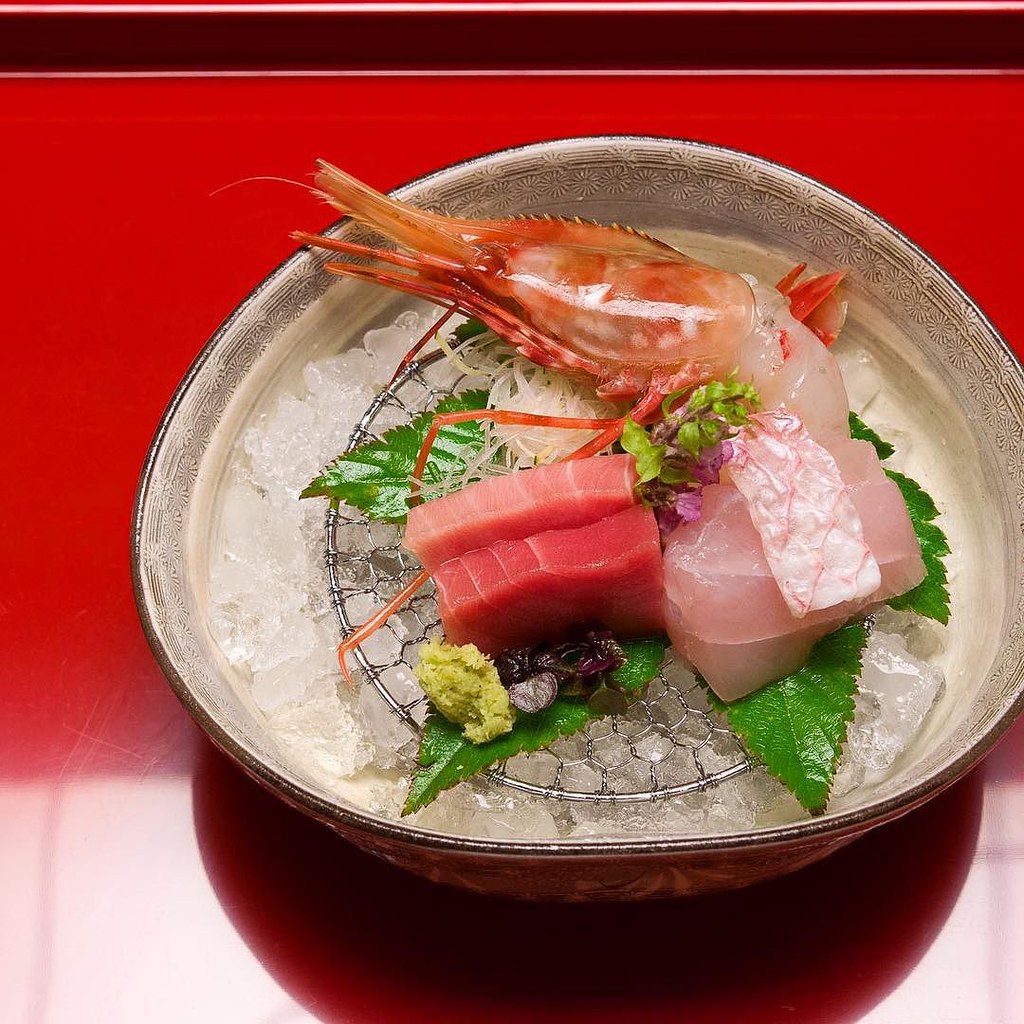
Nestled in Hakone’s volcanic landscape, this former imperial retreat transforms rest into an art form through rooms designed around principles of negative space and contemplative viewing. Handcrafted futons stuffed with natural cotton and silk are laid upon tatami floors each evening by kimono-clad attendants who understand proper sleeping alignment.
Private onsen baths filled with mineral-rich volcanic water prepare both body and mind for deep sleep. The absolute silence maintained throughout the evening hours creates an atmosphere where everyday thoughts naturally fade away.
Nishimuraya Honkan
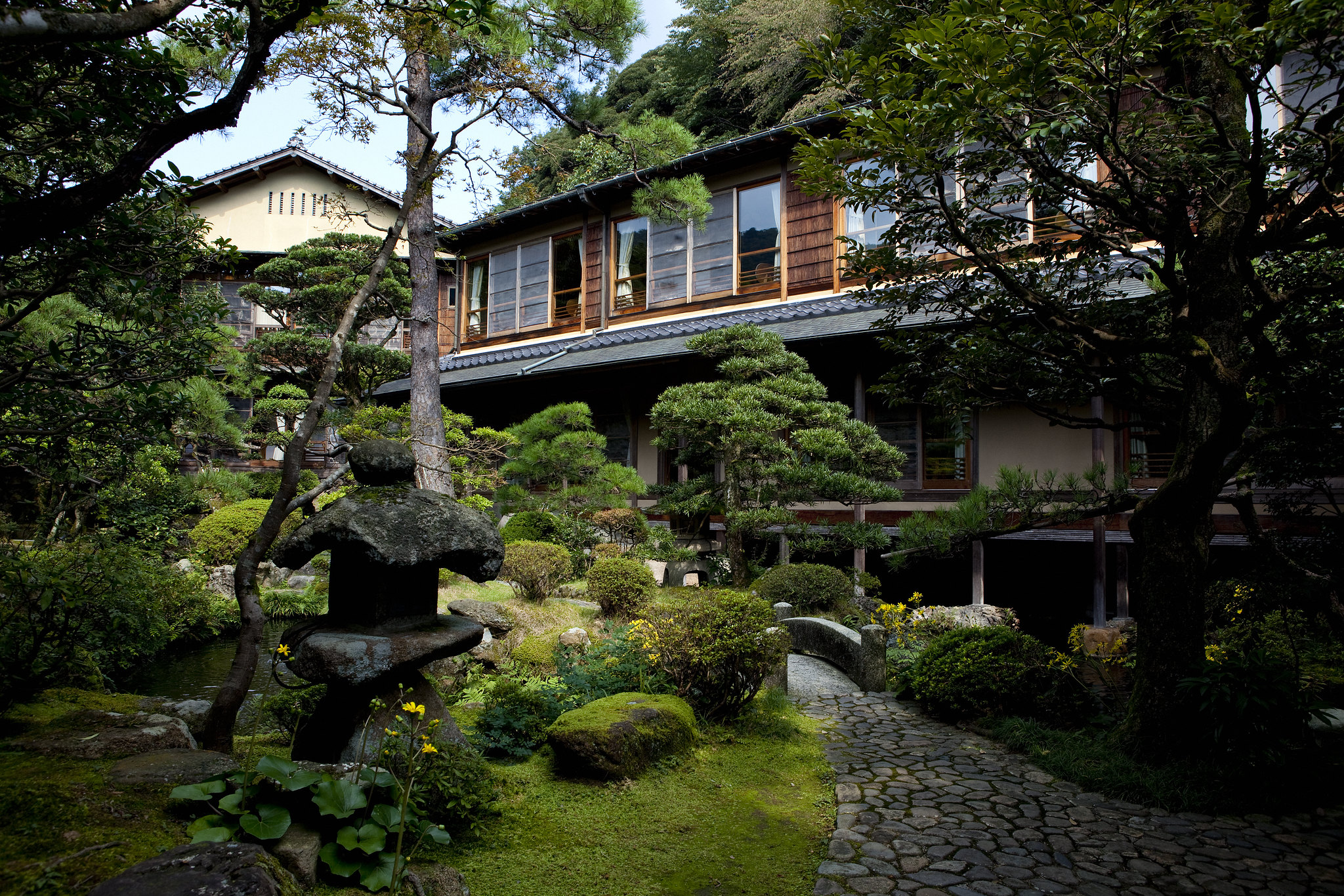
Operating continuously since 1854 in Kinosaki Onsen town, Nishimuraya creates sleeping environments where time itself seems suspended through traditional architectural elements. Room layouts follow principles developed during the Edo period to maximize air circulation while maintaining perfect sleeping temperatures without modern climate control.
Bedding arrangements incorporate seasonal adjustments reflecting centuries of knowledge about human comfort throughout Japan’s changing weather patterns. The gentle sound of bamboo water features lulls guests into sleep states rarely experienced in contemporary environments.
Like Travel Pug’s content? Follow us on MSN.
Beniya Mukayu

Located amid the forests of Yamashiro Onsen, this minimalist ryokan, designed by celebrated architect Kiyoshi Sey Takeyama, uses negative space to create profound calm. Custom-designed rice-filled pillows support natural neck alignment while allowing subtle adjustments for individual comfort preferences.
Evening tea ceremonies serve specially blended varieties known to encourage relaxation through compounds absorbed gradually during sleep. The property’s location away from light pollution allows natural darkness to trigger deeper melatonin production than most modern humans typically experience.
Asaba

Situated beside Shuzenji Temple on the Izu Peninsula, Asaba has refined sleeping traditions since 1675 through 15 generations of innkeepers preserving ancestral knowledge. Guest rooms feature precisely positioned windows that frame natural views while controlling exact amounts of morning light exposure for a gentle awakening.
The property’s nightly Noh performances on a floating stage create meditative states that transition naturally into profound rest. The combination of mineral water bathing and expert futon preparation produces sleep experiences that guests describe as transformative rather than merely restful.
Tawaraya
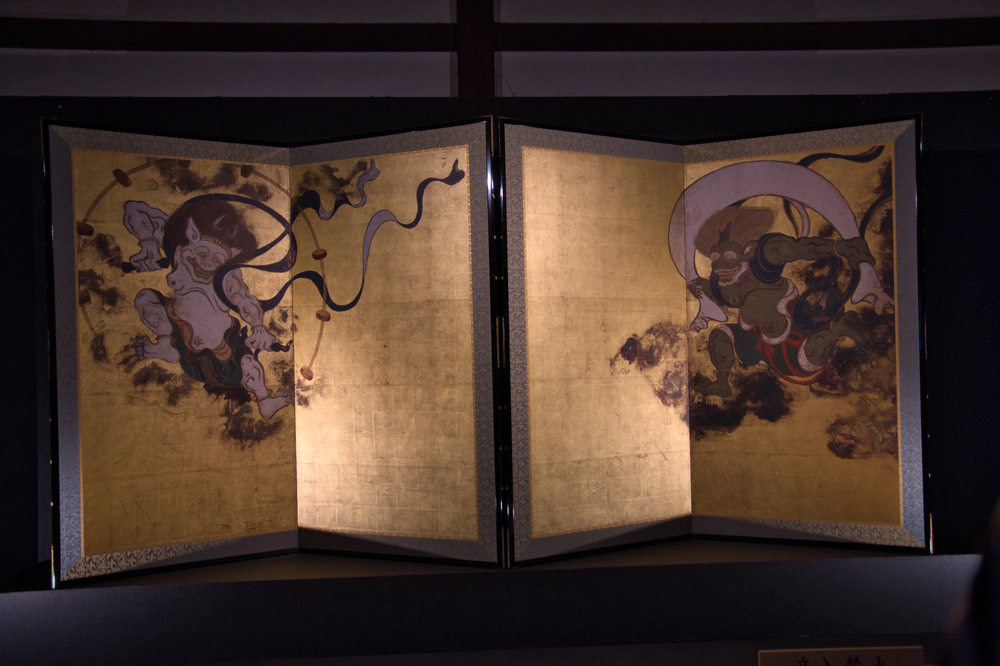
Operating for over 300 years in central Kyoto, Tawaraya maintains sleeping traditions that once served imperial court nobles seeking perfect rest. Room attendants adjust bedding arrangements according to individual body types, ensuring optimal spine alignment throughout the night.
The inn’s location near ancient power spots believed to emanate special energy creates what guests describe as unusually restorative sleep, even among ryokan experiences. Gardens designed specifically for nighttime viewing through room windows provide the last meditative visions before the eyes close each evening.
Like Travel Pug’s content? Follow us on MSN.
Hiiragiya
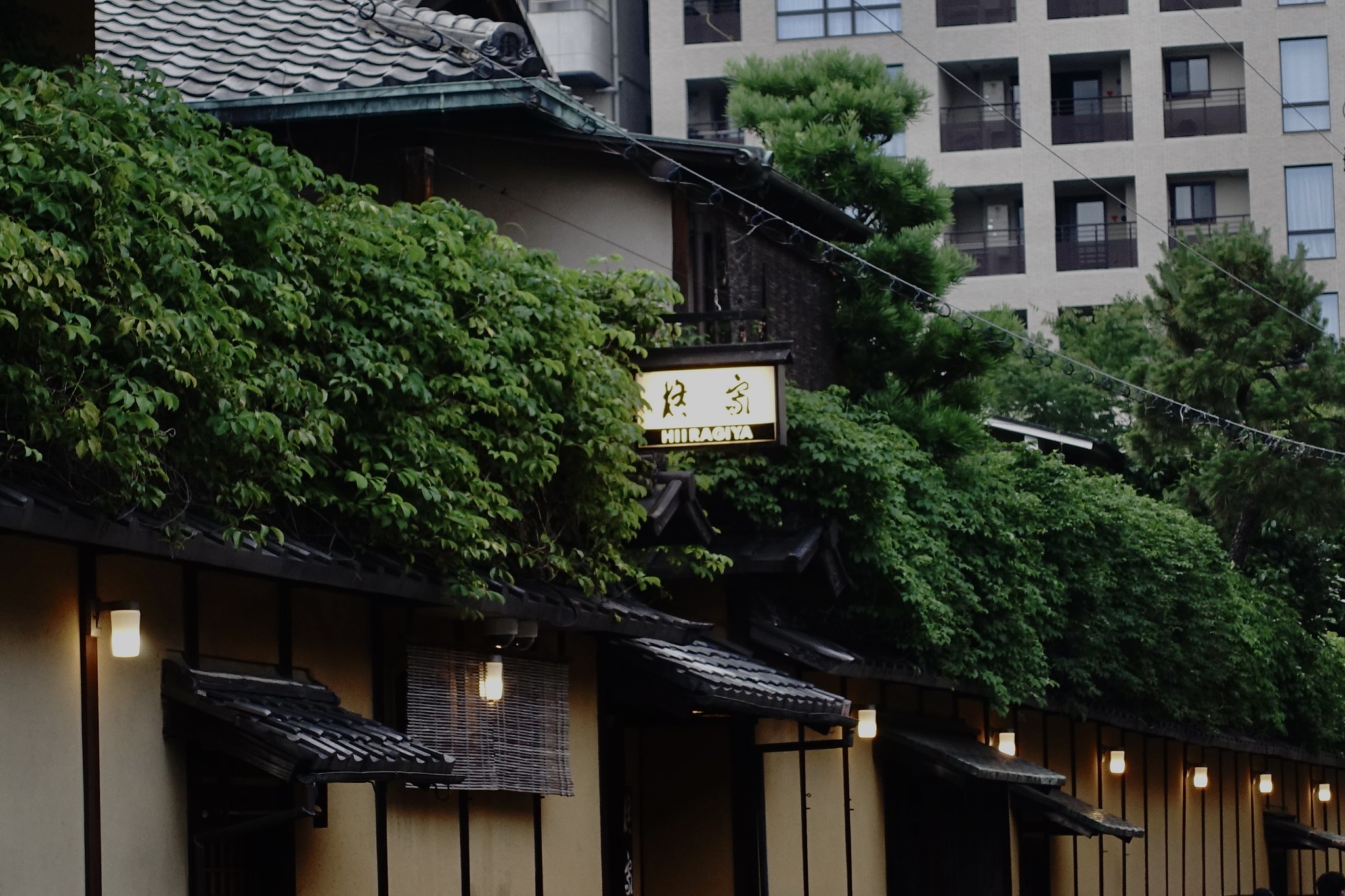
Founded in 1818 in Kyoto, Hiiragiya preserves sleeping traditions once reserved for samurai travelers seeking restoration between journeys. Traditional charcoal room heaters warm the space without drying air, maintaining optimal humidity levels for respiratory comfort throughout the night.
Evening meals incorporate seasonal ingredients known in traditional Japanese medicine to promote deep rest and recovery. Morning wake-up service includes custom-blended teas prepared specifically for each guest based on their constitution and sleep patterns observed by attentive staff.
Hoshinoya Tokyo
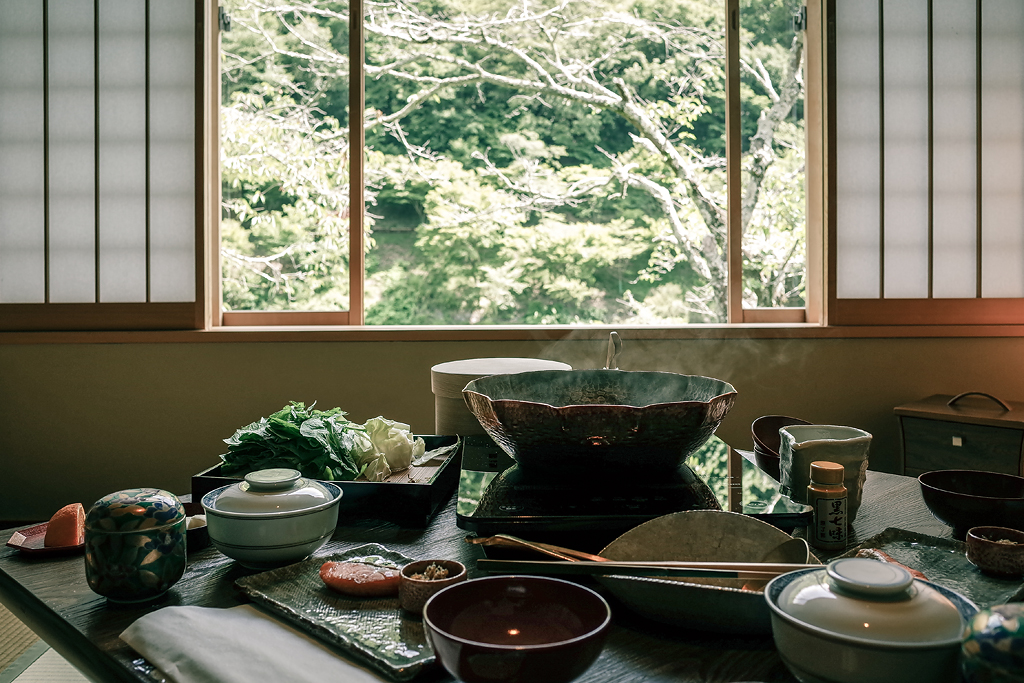
Reimagining ryokan traditions within metropolitan Tokyo, Hoshinoya creates remarkable sleep sanctuaries through traditional methods applied with modern precision. Soundproofing techniques developed for recording studios eliminate urban noise while allowing selected natural sounds to filter through during sleep cycles.
Bedding arrangements incorporate different density layers that adjust to body temperature throughout the night, preventing the micro-awakenings caused by thermal discomfort. The rooftop onsen draws natural hot spring water from 1,500 meters below Tokyo’s financial district, creating pre-sleep bathing rituals in unlikely urban surroundings.
Zaborin
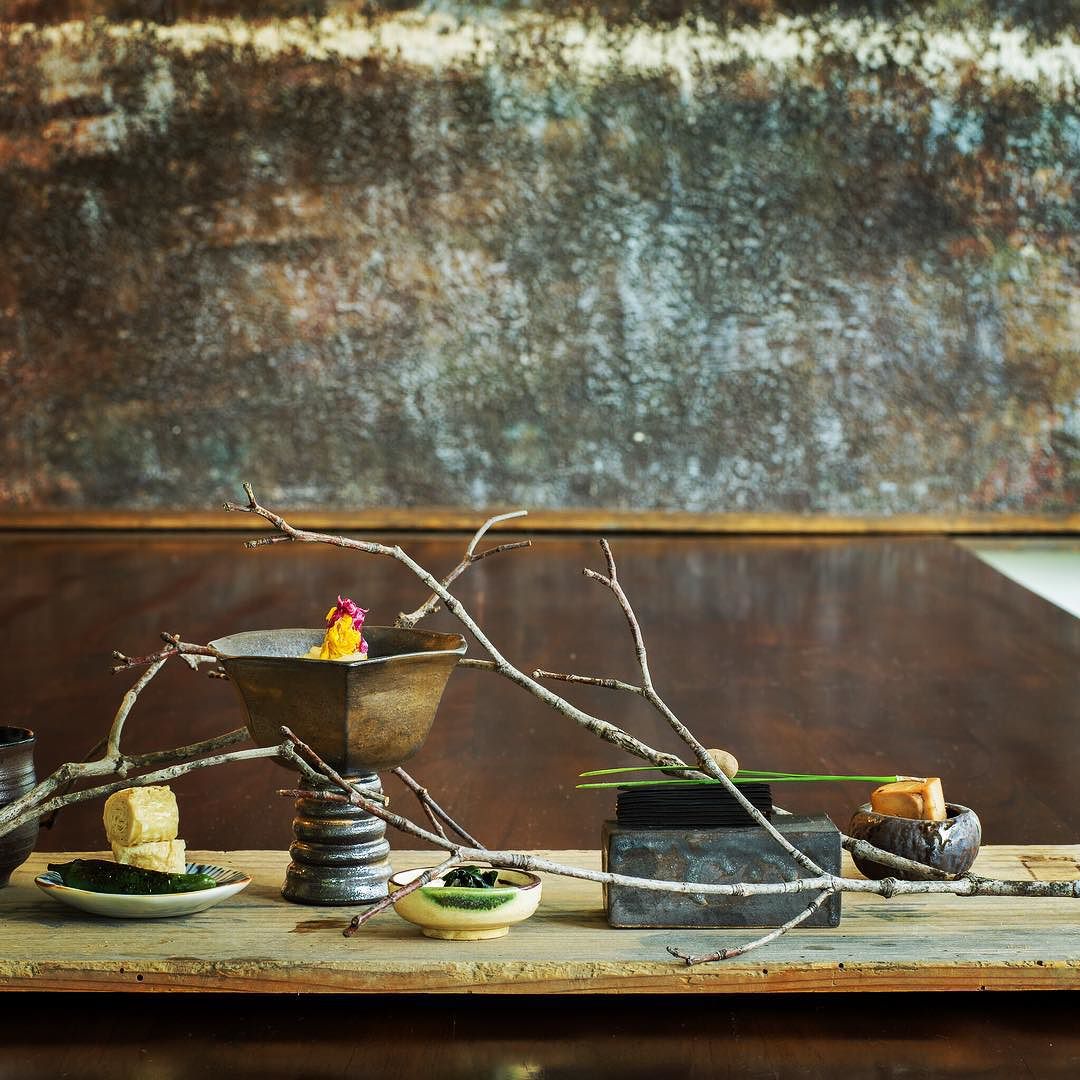
Hidden in Hokkaido’s forests, Zaborin creates extraordinary sleep environments through architectural elements specifically designed to harness northern Japan’s unique atmospheric conditions. Each villa features both indoor and outdoor baths filled with mineral-rich water from private springs, allowing customized bathing temperatures precisely calibrated for optimal pre-sleep body temperature regulation.
Rooms feature floor heating systems based on traditional Irori fireplaces that maintain consistent warmth without the dryness of conventional heating. The property’s remoteness eliminates both light and noise pollution, creating conditions for sleep depth rarely experienced in modern life.
Like Travel Pug’s content? Follow us on MSN.
Watanabe Inn
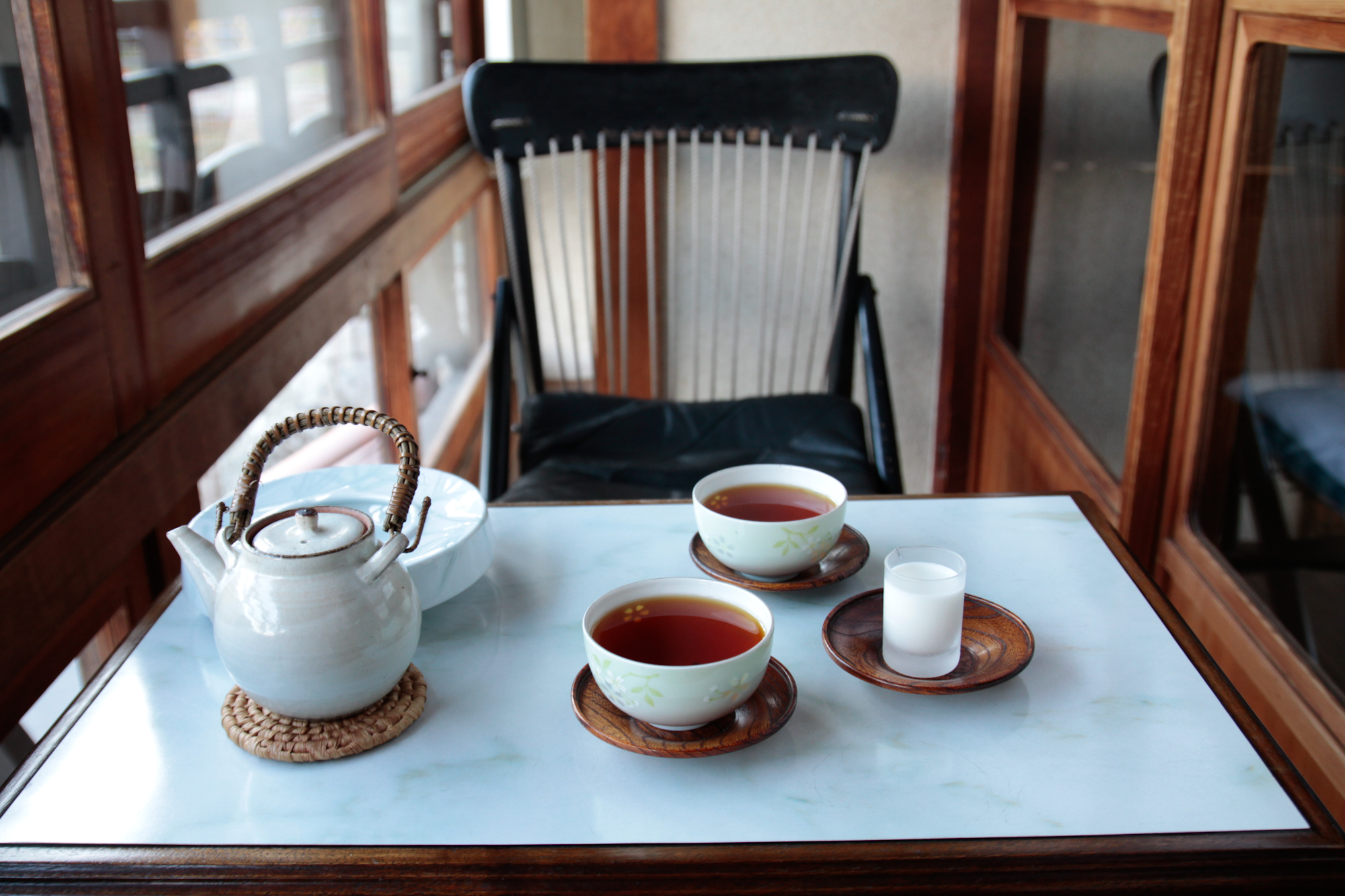
Established in Kusatsu Onsen, famous for its uniquely acidic healing waters, Watanabe Inn specializes in restorative sleep following therapeutic bathing rituals. Traditional yumomi water-cooling performances in the evening prepare the perfect bathing temperature scientifically proven to induce ideal body conditions for deep sleep.
Rooms positioned to capture the mineral-rich steam from the hot spring town create naturally humidified sleeping environments beneficial for respiratory relaxation. Morning awakening includes gentle music played on traditional instruments rather than abrupt alarm sounds.
Kayotei
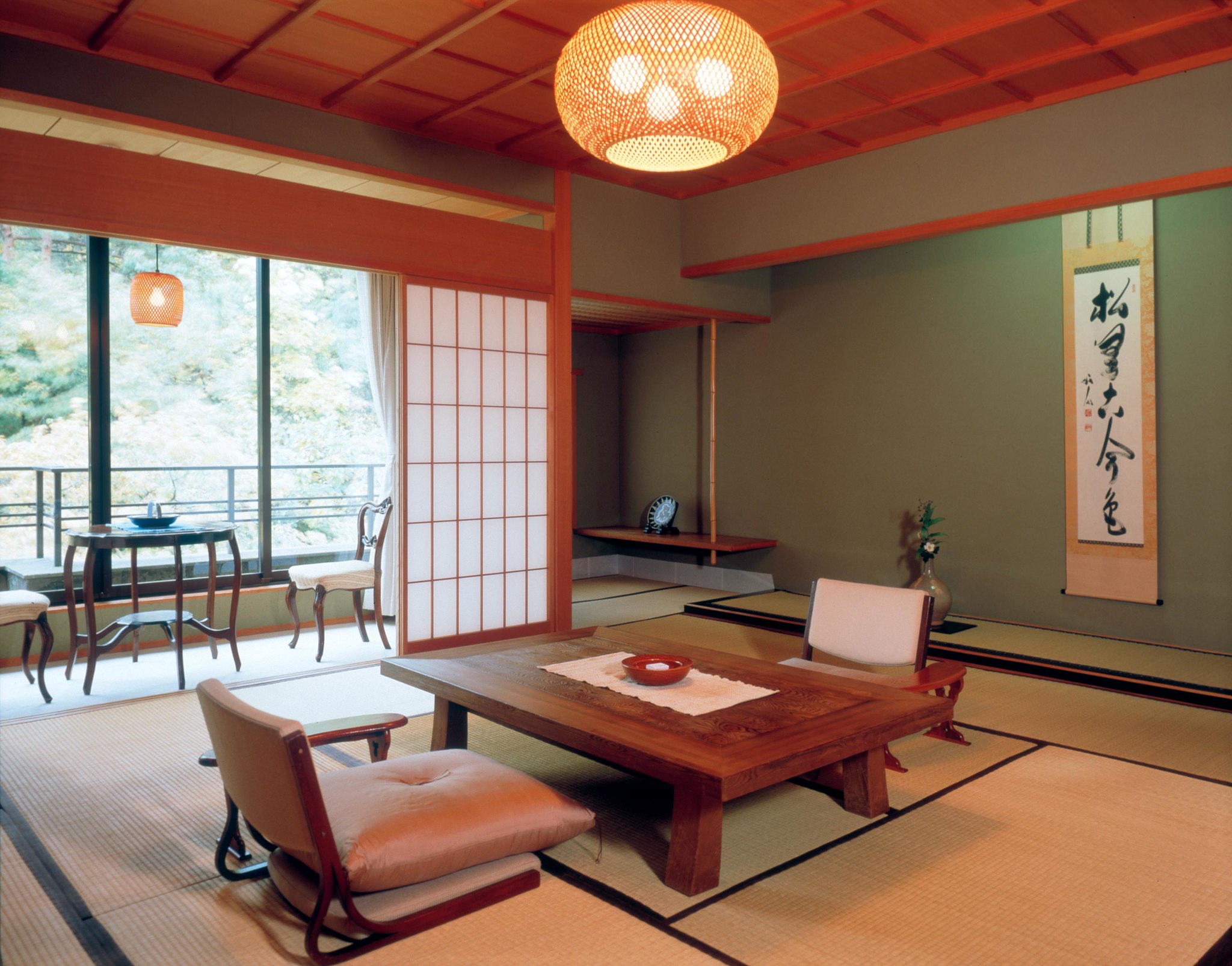
Nestled in the remote Yamanaka Onsen village, Kayotei creates sleep environments that connect guests with nature’s rhythms through subtle architectural features. Room designs incorporate alcoves where seasonal elements are displayed, changing regularly to align guests with natural cycles that regulate healthy sleep patterns.
The ryokan limits its capacity to just ten rooms, ensuring absolute tranquility throughout the property during sleeping hours. Pre-sleep massage rituals incorporate techniques developed by local practitioners over centuries to address travel fatigue and prepare bodies for optimal rest quality.
Iwaso
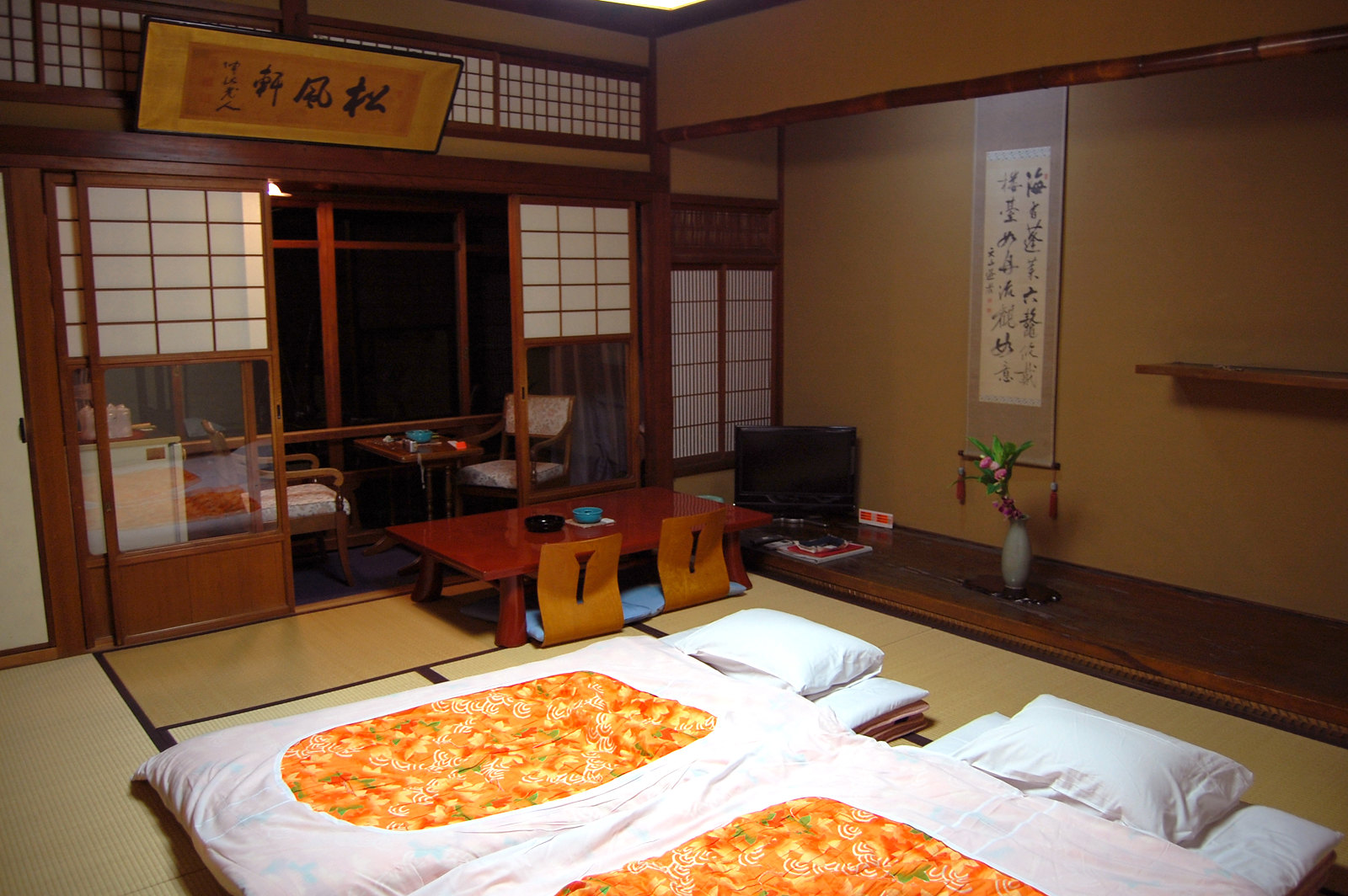
Established in 1854 on Miyajima Island, Iwaso creates unique sleep experiences through its proximity to the sacred island’s ancient forests and temples. Room locations capitalize on the negative air ions generated by surrounding dense vegetation and nearby waterfalls – elements scientifically linked to improved sleep quality.
Evening rituals, time bathing, and meditation opportunities around the island’s famous tide patterns transform the landscape viewable from guest rooms. The property’s elevation provides natural cool air circulation during summer months without artificial cooling that often disrupts sleep cycles.
Like Travel Pug’s content? Follow us on MSN.
Hakone Ginyu
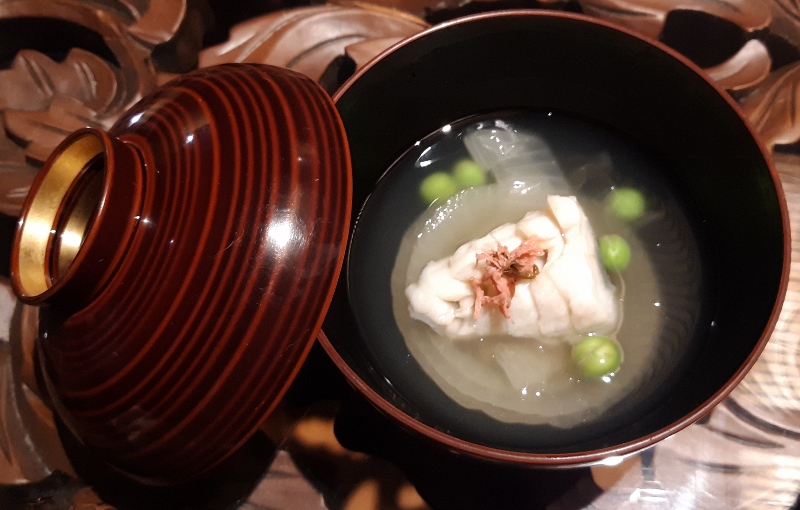
Perched on a mountainside in Hakone, this ryokan designs sleep experiences around private onsen baths with spectacular forest views. Rooms feature specially commissioned bedding created from textiles woven in mountain villages known for traditional fabrics that maintain ideal sleeping temperatures regardless of season.
The property’s name – meaning “seeking inspiration through travel” – reflects its philosophy of providing rest profound enough to restore creative energy. Dawn mountain mists create extraordinary awakening environments visible through carefully positioned windows beside sleeping areas.
Lamp no Yado
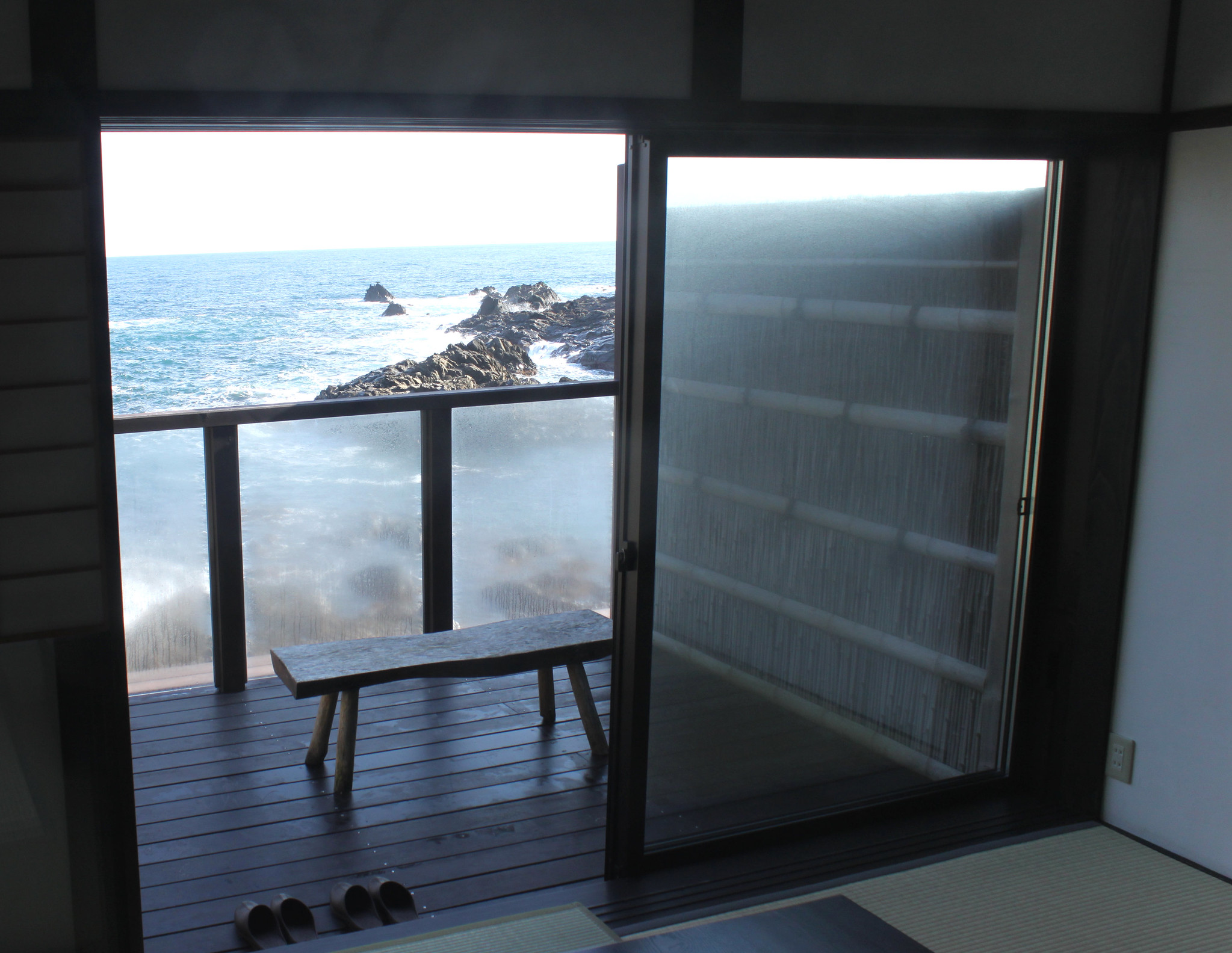
Located on the remote Noto Peninsula facing the Sea of Japan, this ryokan creates extraordinary sleep environments through rooms positioned directly above crashing waves. The negative ions generated by moving water create scientifically documented improvements in sleep quality that guests describe as profoundly different from ordinary rest experiences.
Traditional lanterns provide the property’s only evening illumination, allowing natural melatonin production to function without disruption from artificial light. Winter sleeping arrangements include traditional charcoal heat sources positioned precisely to maintain steady body temperature throughout frigid coastal nights.
Jinpyokaku
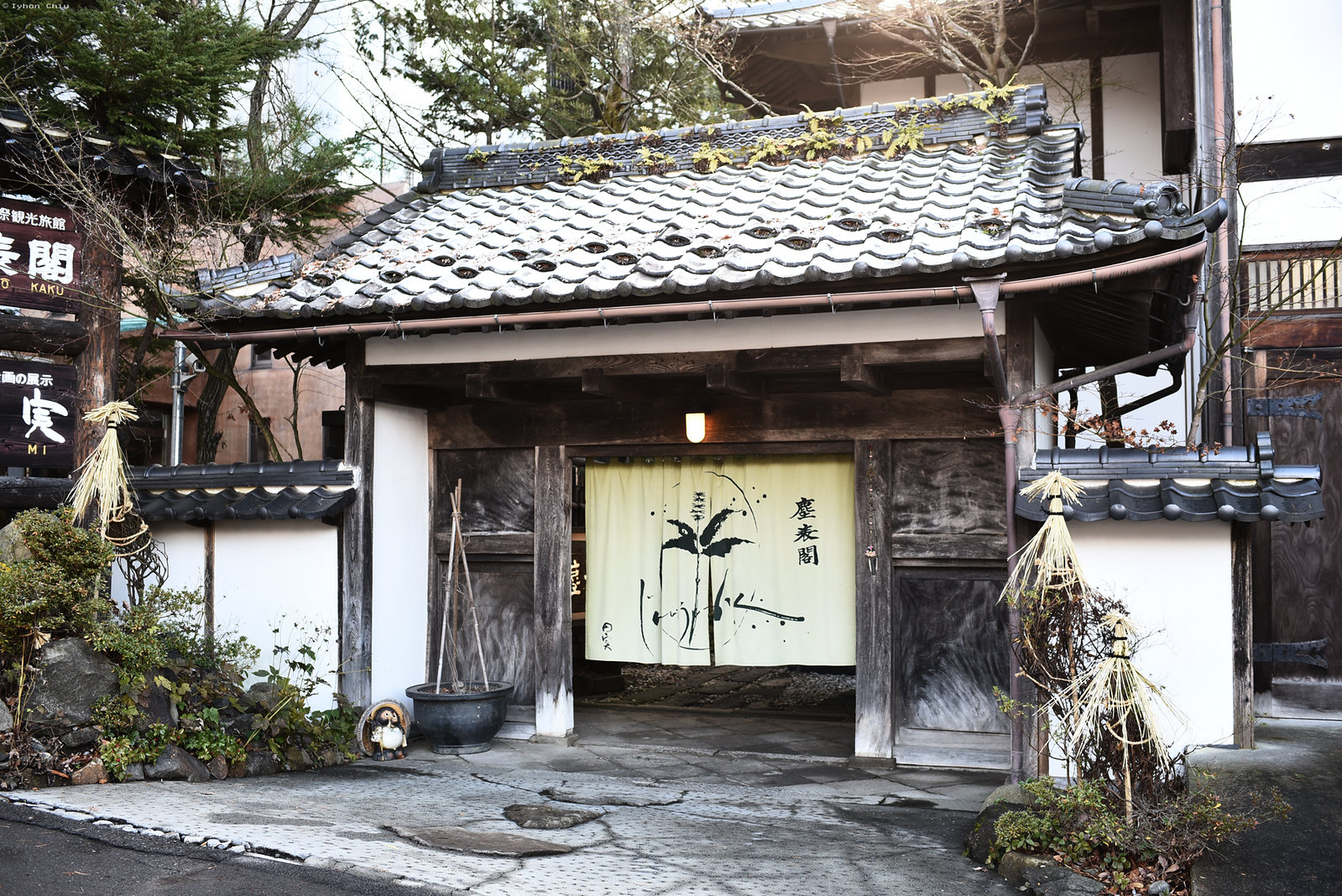
Dating from 1901 in Yudanaka, this historic ryokan near the famous Snow Monkey Park creates sleep environments that change dramatically with the seasons. Winter accommodations include traditional heated tables that warm sleeping areas through principles developed over centuries in Japan’s snowiest regions.
Summer sleeping arrangements feature subtle architectural elements that capture mountain breezes through room designs developed before mechanical cooling existed. The property’s thermal waters contain unique mineral compositions scientifically shown to reduce physical tension when absorbed through pre-sleep bathing.
Like Travel Pug’s content? Follow us on MSN.
Minamikan
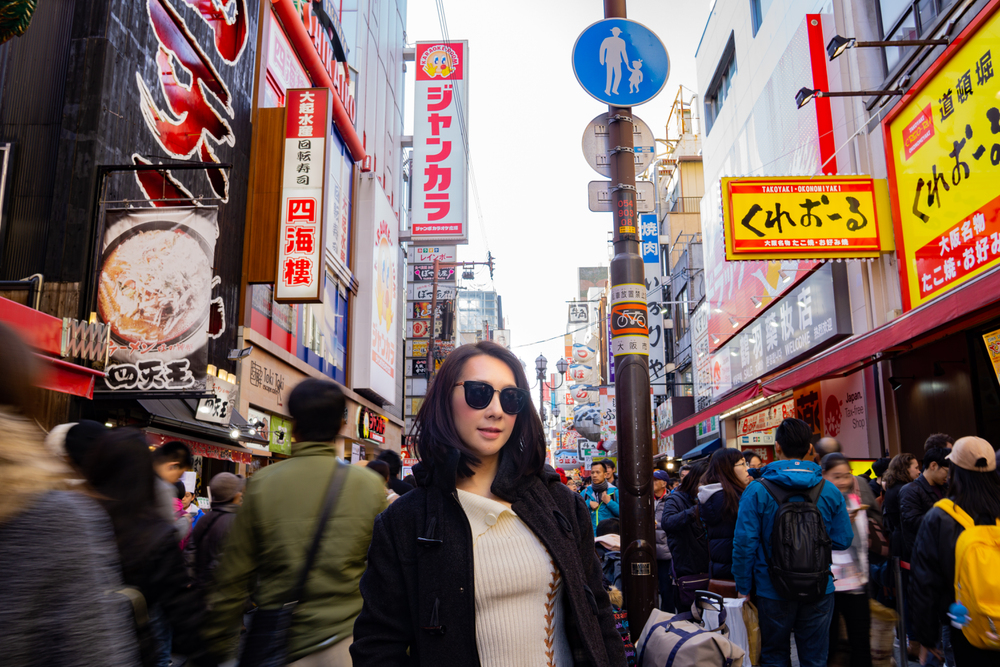
Operating for over 130 years in Matsue, this ryokan specializes in sleep environments enhanced by pure mountain water flowing directly beneath the property. The subtle sound of running water creates natural white noise, which is scientifically proven to enhance sleep continuity and depth.
Room designs incorporate alcoves specifically positioned to cast moonlight shadows in patterns believed since ancient times to encourage peaceful dreams. Morning awakening includes ceremonial water rituals using the same mountain springs that sound throughout the night beneath sleeping rooms.
Japanese Sleep Wisdom
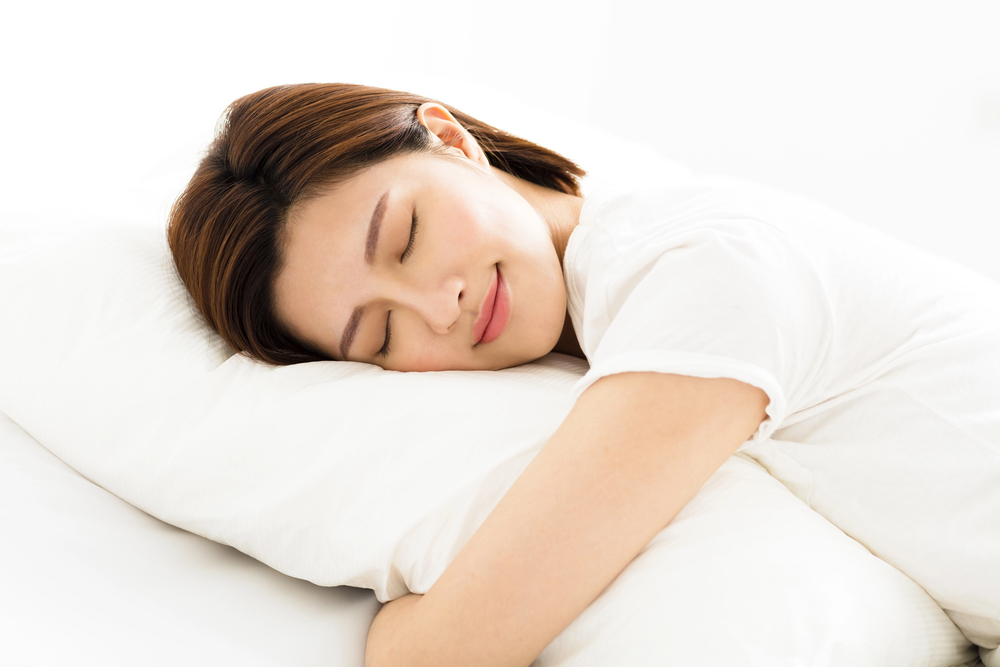
These remarkable establishments offer more than just comfortable places to rest – they represent centuries of cultural wisdom about human sleep requirements rarely found in modern accommodations. Through careful attention to elements like air quality, sound environments, temperature regulation, and light exposure, traditional ryokans have preserved an ancient understanding of sleep as a cornerstone of well-being rather than merely a biological necessity.
For travelers seeking not just visits to Japan but true restoration within it, these sanctuaries of rest offer experiences that modern sleep science is only beginning to explain – yet Japanese innkeepers have understood for centuries.
More from Travel Pug

- Cities Growing so Fast You Won’t Recognize Them in 10 Years
- 13 Destinations Where Tourists Regularly Regret Their Trip
- 20 Obscure WWII Sites Even History Buffs Don’t Know About
- 10 Under-the-Radar Mountain Towns That Are Both Affordable and Beautiful
- Remote Villages in Europe Where You Can Live for Free in Exchange for Work
Like Travel Pug’s content? Follow us on MSN.
